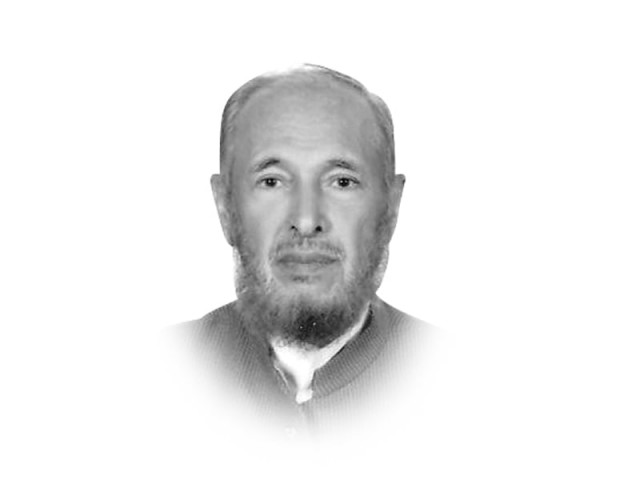A vicious attack
Killing of miners is a manifestation of the absence of govt writ and of the country’s worsening security environment

In a senseless targeting of innocent citizens, a group of terrorists attacked and killed 11 coal miners and injured four in Mach, Balochistan, on January 3. The poor miners were picked up, taken away with their hands tied and were slaughtered in the nearby mountains. All belonged to the minority Hazara tribe — who mostly belong to the Shia sect. The killing sent shockwaves of fear and anger across the country. The militant group, Islamic State, has accepted responsibility but details are awaited.
This grave and tragic incident has not happened for the first time and sadly there are no signs of visible improvement in the future. Minorities in Pakistan, including Hindus and Sikhs, have never felt comfortable because of weak government institutions and absence of institutionalised accountability. Reports have been pouring in from parts of Sindh of forced conversions of Hindus. In recent weeks, scores of Hindu girls were forcibly married and converted to Islam. No wonder thousands of Hindu families have left the country in the past several years and are seeking new abodes, mostly in India.
The killing of miners is a manifestation of the absence of the government writ and an evidence of the country’s worsening security environment. At its root is the feeling of getting away with horrendous crimes, given the weak law enforcement system. The lack of fear of being convicted has created conditions for such daring acts of ruthless killing of innocent people.
The government in Islamabad is not really focused on institution-building and delivery of speedy justice. The focus instead has been on vendetta and humiliating political opponents. Pursuing an agenda of political victimisation has been the sole major preoccupation. This has generated adequate space for terrorists, militants and criminals to launch attacks in an atmosphere of ‘relative safety’.
Balochistan is becoming an epicentre of terrorism for several reasons. The Baloch majority have been complaining of lack of access to resources. There’s a palpable feeling of alienation because the Baloch accuse Islamabad of not giving them a fair share of revenues that accrue from resources such as gas extracted from the province. CPEC is a multi-billion-dollar project that aims to connect the port of Gwadar to China and create infrastructure to boost trade and create employment. The Baloch believe they are being excluded from participation in this enterprise. Then there is the Indian factor — many would point out the involvement of Indian agents in attacks on government forces, etc — all aimed at destabilising a geo-strategic region.
CPEC, its success and its impact on the economy has not been welcomed by Pakistan’s adversaries. Islamabad’s closeness to China is not liked by many. There appears to be an effort to cause obstacles in the smooth execution of CPEC projects and the best way to do that is by creating panic and instability.
Islamabad will have to address the grievances of Baloch and other ethnicities to create a harmonious environment for socio-economic emancipation of its impoverished people. The attack on workers from an ethnic minority has caused distress in the country. A few days ago, a Hindu shrine in Karak was vandalised and set on fire. The pervasive feeling of insecurity amongst ethnic minorities does not augur well for peace and progress. There is a need for course correction and introspection.
Providing protection and security to its citizens is a state’s fundamental responsibility. Failure to safeguard the minorities is a system failure. One sure way of transforming the systems is to strengthen institutions so people have faith in the integrity of the systems. Strong institutions would ensure the guilty are punished in proportion to the crime they commit. Such institutions would operate without any political interference which sadly is a norm in Pakistan and has not been addressed despite tall claims to the contrary.
Published in The Express Tribune, January 6th, 2021.
Like Opinion & Editorial on Facebook, follow @ETOpEd on Twitter to receive all updates on all our daily pieces.















COMMENTS
Comments are moderated and generally will be posted if they are on-topic and not abusive.
For more information, please see our Comments FAQ